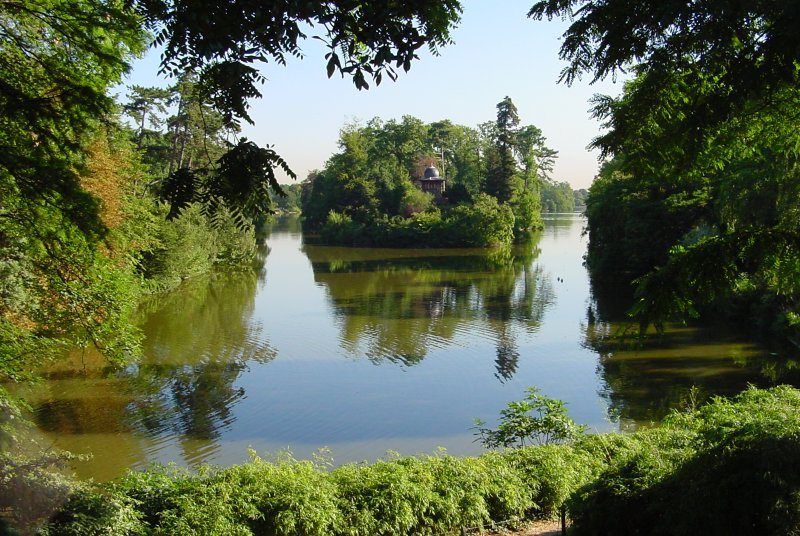115: Mummery: ridiculously cerimonial, usually of religious nature. “Mummer” meaning mime.
115: Guinea: an old English currency replaced by the pound in 1816. The term “guinea” remained as a term for 21 schillings, and carried an aristocratic intonation, often implying the product being purchased is of conspicuous value.
115: For some odd psychological reason…: Sarcasm, as the Baglovos’ response to VV success is to encourage the marriage under any circumstance.
115: grazhdanskiy ili basurmanskiy (гражданский или басурманский): While the former word is literally translated from Russian, the latter is from a more archaic Russian word “басурман”with strong relation to Turkish culture, and could be interpreted as Muslim.
115: Byron: Lord Byron was a famous English poet in 19th century.
115: Musset: Alfred Louis Charles de Musset-Pathay was a famous French poet in the 19th century.
115: Rue Guevara – Named after the Andalusian (early Spanish) playwright Luis Velez de Guevara. Guevara’s is best known for his El Diablo Cojuelo, a play that would influence the novel Le Diable Boiteux.
115: The Bois: The Bois de Boulogne is a large public park in Paris, more than twice the size of Central Park in New York.

115: Le Diable Boiteux : The restaurant frequented by our couple shares a name with a novel by Alain-René Lesage. This French phrase, meaning “the lame devil” or “the devil on two sticks”, was also a self-adorned nickname of Lord Byron.
115: Soft-Boiled Egg: here are some useful instructions for cooking the perfect soft-boiled egg.
116 : Velodrome : A large indoor cycling track.

117: The second part … exiled arts : The early 1930’s were a time in which Europe experienced from the rise of two socialist-nationalist movements in Germany and Russia. In both states, free expression suffered from the state-driven nationalist movements and many artists fled or were exiled.
177: Eugene Onegin with Princess N.’s moving coolly through the fawning ballroom throng : In chapter 8 of Pushkin’s Eugene Onegin, the poet-narrator and his Muse journey through society, from country to high society, while discussing the emergence of poetry in the narrator’s youth.
117: Gorki: Maxim Gorky was a Soviet-era author acclaimed as a founder of the Socialist realism movement in literature. Socialist realism, although not congruent with social realism, is still heavily rooted in critiquing society and highlighting areas of needed social reform. Nabokov’s malcontent with this type of literature is already well founded.
117: The Mother – A Soviet era film based off the Socialist realist novel of the same name by Maxim Gorky. The movie depicts a struggle between ideological differences during the fall of the Czarist regime.
_by_Maxim_Gorky.jpg)